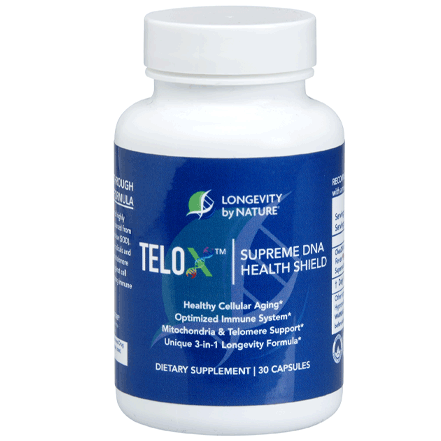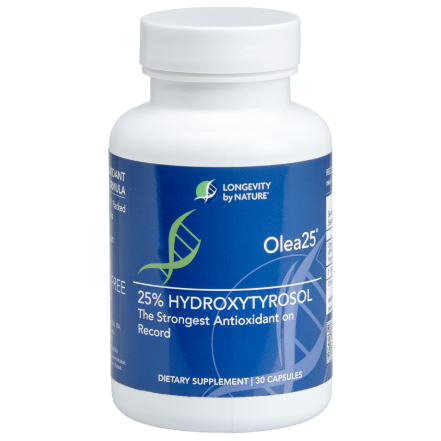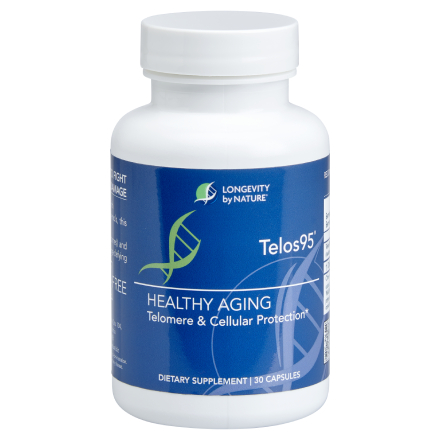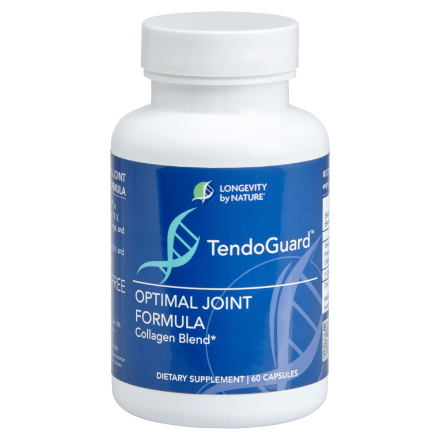Can you tell the future of your health by a blood test?
A recent study published by the Journal of Parkinsons’ Disease (PD) revealed that testing blood for inflammatory and cell senescence biomarkers could be a sign of cognitive decline. Lead investigator, Dr. Gabriele Saretzki, Ph.D., stated, “we sought to replicate this finding as well as to study markers of cell senescence, a process that is known to be associated with inflammation and neurodegeneration.”
The study relied on the measurement of biomarkers and found that cell senescence markers can predict your cognitive decline, as well as disease progression of dementia and Parkinson’s Disease. Your blood may be the key to telling you about your future health and more importantly, your cognitive decline.
Who Are the Test Subjects?
The likeliness of having cognitive decline is higher in people with PD compared to people of the same age. Parkinson’s Disease is associated with inflammation, and the more inflammatory markers are found, the quicker the progression of blood occurs.
Therefore, subjects were comprised of more than one hundred newly-diagnosed Parkinson’s Disease patients and 99 control patients.
What is Being Tested?
Researchers have found that blood markers of cell senescence are a telling sign of future issues. The tests are measured through the inflammatory blood markers, as well as telomere length, which is associated with cell deterioration. Telomere length and inflammation are indicators of cell senescence. The development of blood biomarkers can predict neurodegenerative diseases such as PD, making them prime measurement indicators.
The measurements were taken at two points – baseline and 18 months – over three years. Blood from the PD patients would be tested, as well as five inflammatory markers taken from the baseline data. Control subjects were assessed physically and cognitively over 36 months of follow up.
Why Are the Findings Important?
A simple blood test was able to determine that the PD patients had shorter telomeres at both points of measurement compared to age-matched control subjects. Over 36 months, the PD patients who developed dementia had much shorter telomeres than those who were dementia-free.
Individuals with baseline inflammatory markers are linked to faster rates of motor and cognitive decline. This study found that short telomeres and inflammation are predictive indicators of neurodegenerative disease.
Dr. Saretzki reports that the findings from this study could help patients plan and manage the disease in its earlier stages. The results can help give better clarity on predictions for disease and future treatment.
Shop best selling products from Longevity by Nature
- Telos95 Telomere Supplement
- H.A.95 Hyaluronic Acid Supplement
- KollaJell Jellyfish Collagen Brain Supplement
- Olea25 Organic Olive Leaf Supplement
- Tendoguard Collagen Joint Support Supplement
- Pure Marine Collagen Peptide Dietary Supplement
- ArthroGuard Collagen Peptides For Dogs & Pets
- Pure Marine Fish Collagen Peptide Powder







